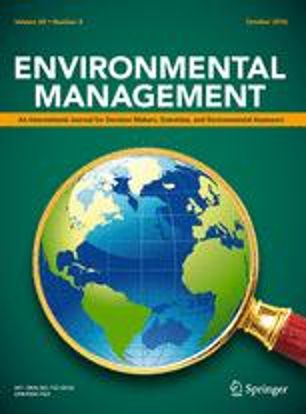Value chains of Cameroonian non-timber forest products move through harvesters, processors and traders, to consumers locally and worldwide. This paper characterises six governance arrangements governing eight such chains: statutory and customary regulations, voluntary market-based systems, international conventions, project-based systems and corruption. Governance is messy with overlapping, multiple layers of institutions and actors. There are voids where no institutions govern access to resources and markets; some actors fulfil roles normally the reserve of the state. In some chains the state performs its duties, in others not, and other institutions fill the gaps. To negotiate this complexity, many actors have become adept ‘bricoleurs'. They make the best of the arrangements in which they find themselves, and creatively use capitals available, building on natural capital to construct new governance arrangements and/or remould existing ones to meet their current objectives, circumstances and livelihoods. This ‘fine mess' makes examining the impacts on the livelihoods of participants and their sustainability challenging. A measure of governance intensity and extensive fieldwork was thus used. It indicates strong trade-offs between natural, social and economic capital, creating winners and losers. Trade-offs between livelihoods and sustainability are most acute either when there are no governance arrangements; when arrangements do not take account of the susceptibility of a species to harvesting; or when they do not balance supply and demand. Policy challenges and opportunities include recognising and dealing with pluralism; reconciling conflicting rules; hearing the voices of silent actors; learning from failures and raising chain visibility by recognising natural and socio-economic values.
Download:
DOI:
https://doi.org/10.18352/ijc.516
Altmetric score:
Dimensions Citation Count:

























